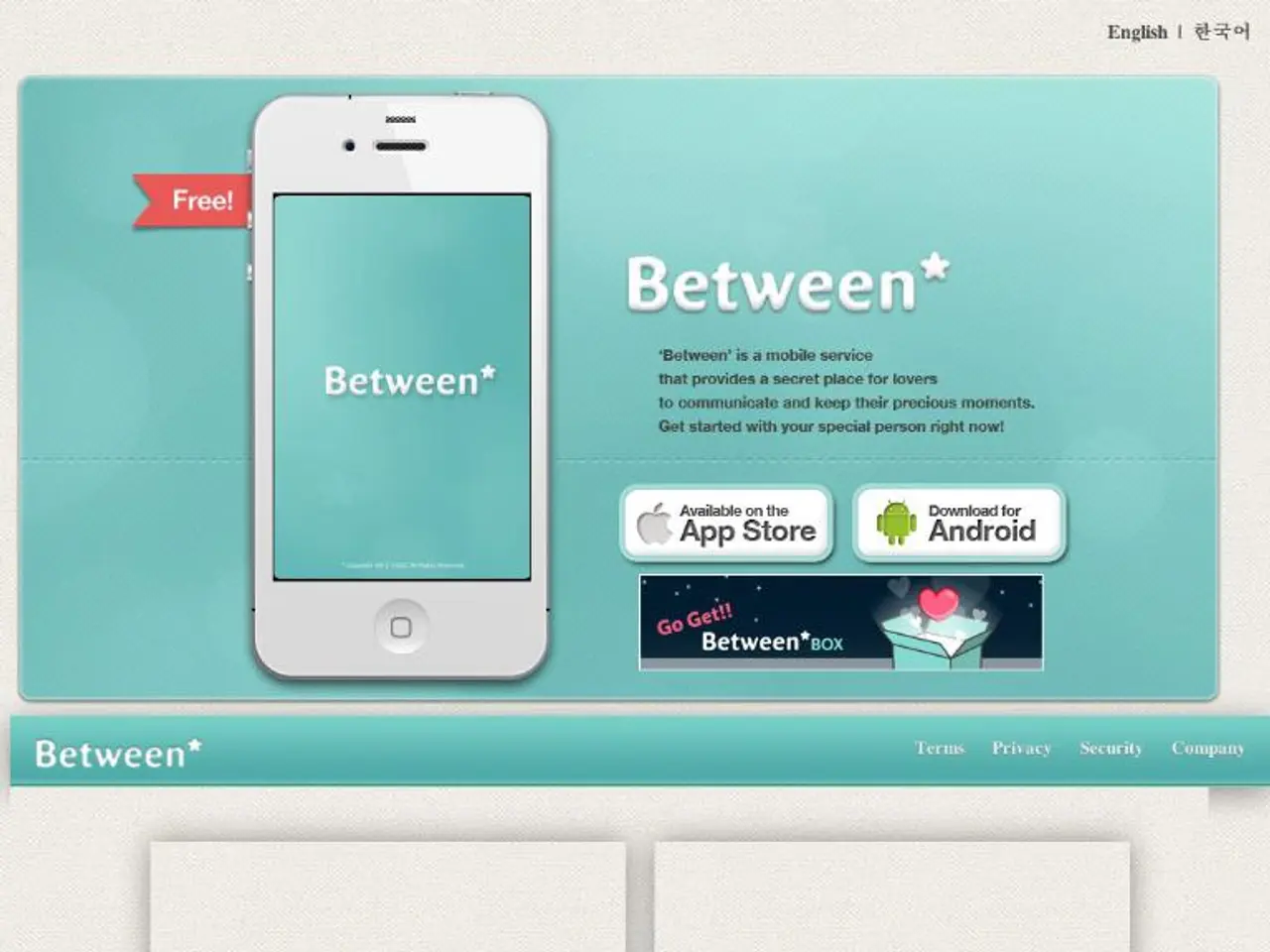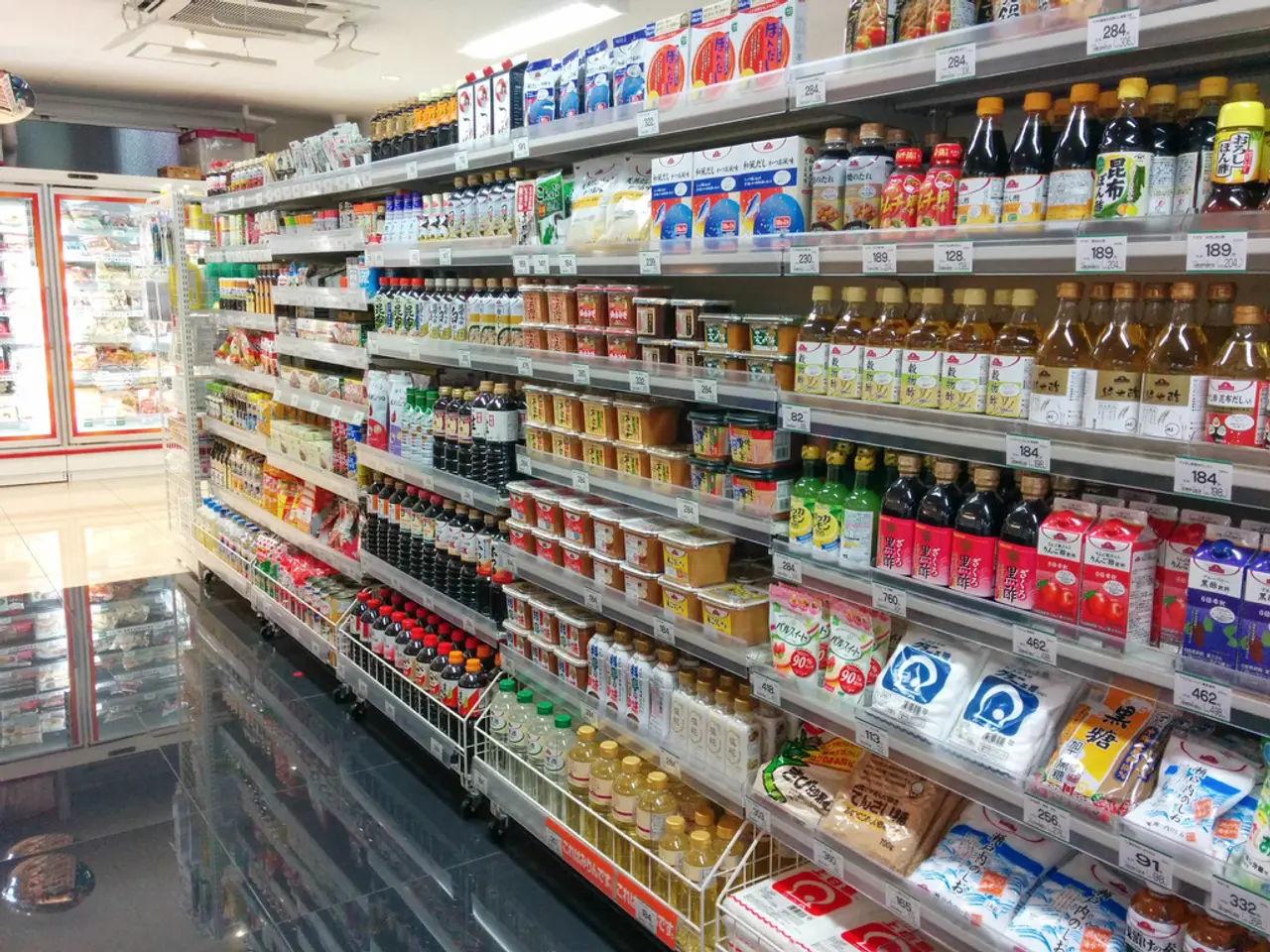Apple reveals China-specific discounts for iPhones
Apple Offers Discounts on Products in China Amidst Growing Competition and Economic Challenges
In an effort to revive sales in the Chinese market, Apple has announced temporary discounts on its products, including iPhones, Mac, and iPad. This strategic move comes as the company faces growing competition from local brands, especially Huawei, and broader challenges such as ongoing trade tensions and tariffs.
Recent data indicates a decline in iPhone 15 sales, with a 4.5% decrease compared to iPhone 14 sales in the first two weeks after its September launch. This drop in sales might be a contributing factor to Apple's loss of its most valuable company status, as it recently ceded this position to Microsoft.
Huawei's latest smartphone releases, featuring advanced AI and 5G-A capabilities, have been a significant challenge for Apple in the Chinese market. To counter this, Apple is offering discounts as part of a Lunar New Year promotion, marking a departure from its traditional premium pricing strategy.
The discounts range from 500 RMB ($70) for iPhone models to 800 RMB ($112) for Mac and 400 RMB ($56) for iPad. The promotion runs from January 18 to January 21.
China has historically been a crucial market for Apple, contributing to roughly one-fifth of the company's overall sales last year. The decline in iPhone sales in China and the global market might be a cause for concern for Apple's future growth prospects.
The decision to lower iPhone prices follows the release of Huawei's Mate 60 Pro smartphone about five months ago. This device gained significant popularity among Chinese consumers due to its advanced chip technology. However, it's important to note that there are no laws or rules banning the use of iPhones by central government officials in China.
The ongoing U.S.-China trade tensions and tariffs have increased production costs for Apple. While the company has secured a 90-day tariff extension on Chinese imports, these tariff pressures still loom. Apple faces high tariffs on imports from China and India, complicating margin preservation.
In addition, Apple's traditional brand appeal is challenged by the local competitors integrating AI features that Apple cannot yet legally deploy in China due to regulatory bottlenecks. Without AI-enhanced experiences in China, Apple competes mainly on hardware and pricing, prompting price cuts and participation in government subsidy programs to stimulate demand.
In summary, Apple's temporary discounts are a strategic response to intensified competition from Huawei and other Chinese brands, geopolitical trade barriers and tariffs affecting supply chain costs, the need to maintain relevance and increase market share in a challenging market, and regulatory challenges preventing Apple from leveraging AI to justify premium prices in China. The promotion is part of Apple's efforts to regain its position in the Chinese market and counter the growing competition in the Asian smartphone market.
Amidst the growing competition from local brands like Huawei, Apple's strategic move to offer temporary discounts on products such as iPhones, Mac, and iPad in China reveals an attempt to adapt to a challenging market environment, particularly for its finance and technology products. The discounts, from 500 RMB ($70) for iPhone models to 800 RMB ($112) for Mac and 400 RMB ($56) for iPad, signal a departure from Apple's traditional premium pricing strategy and may enhance its lifestyle appeal in the region.




